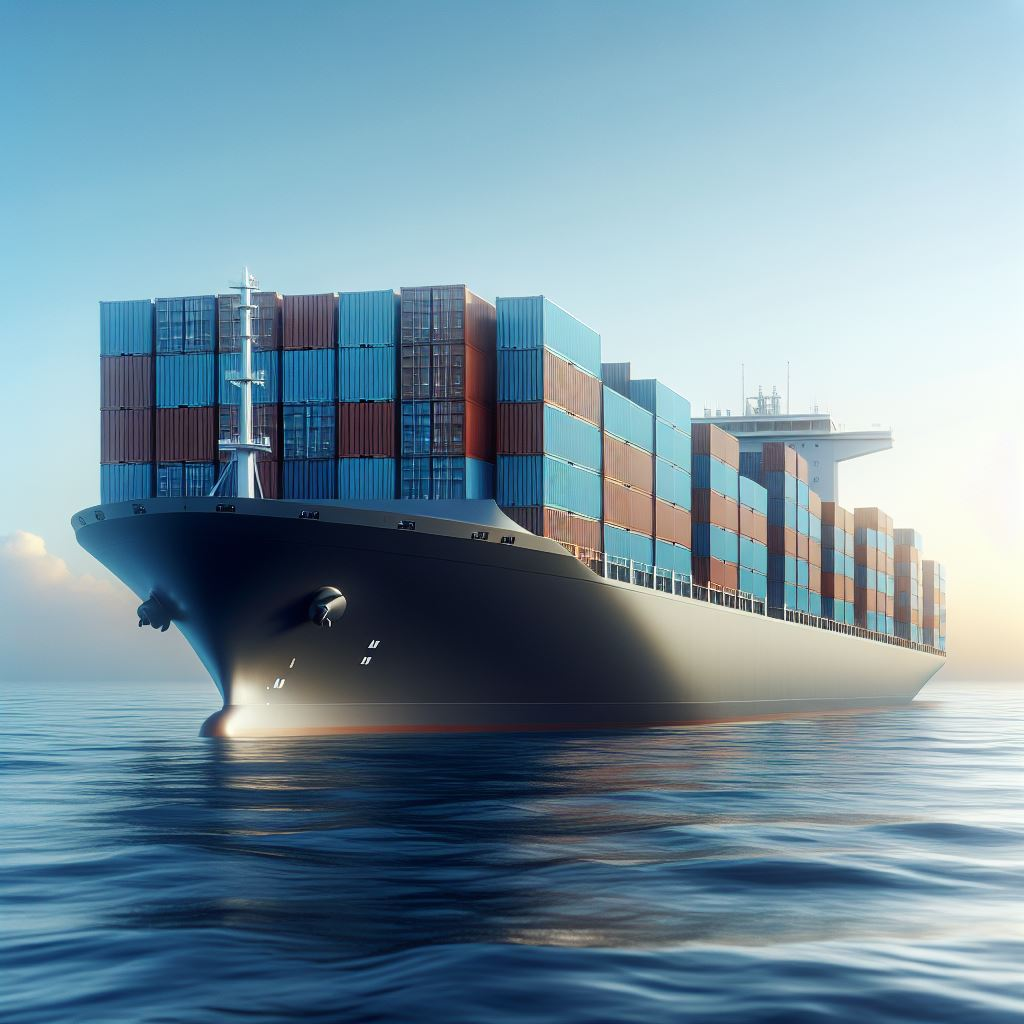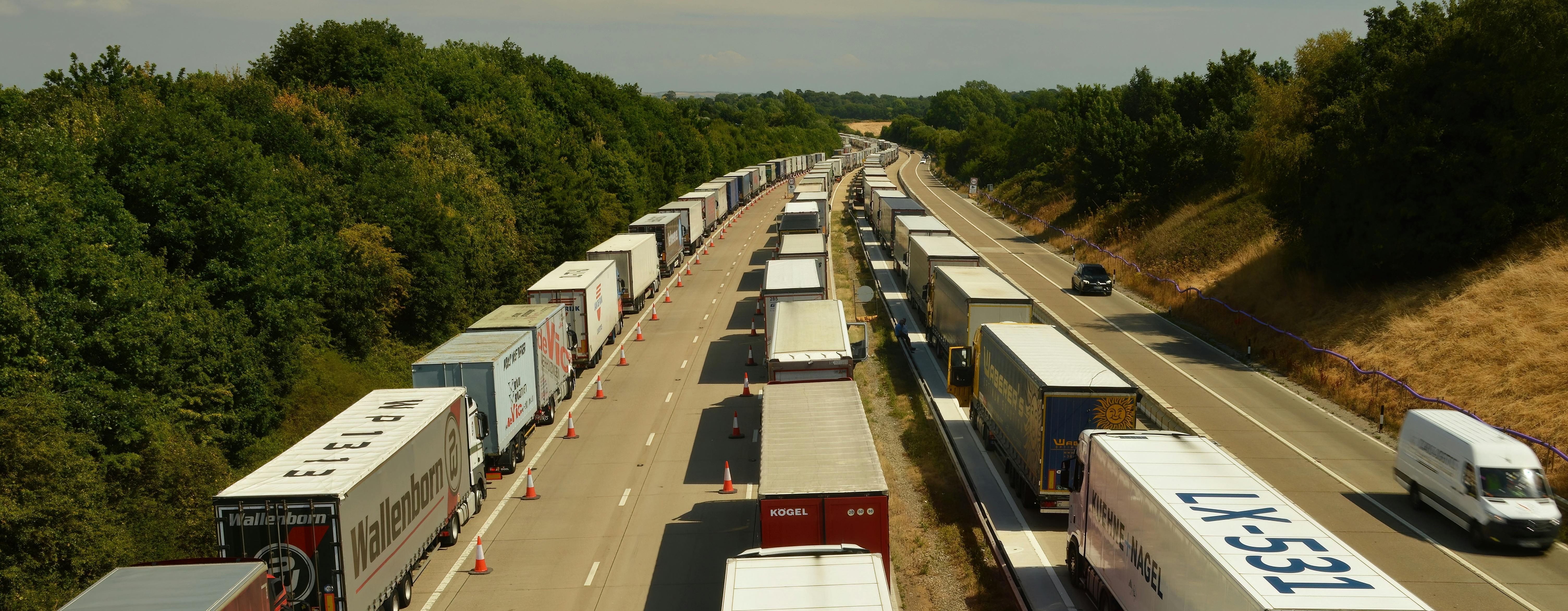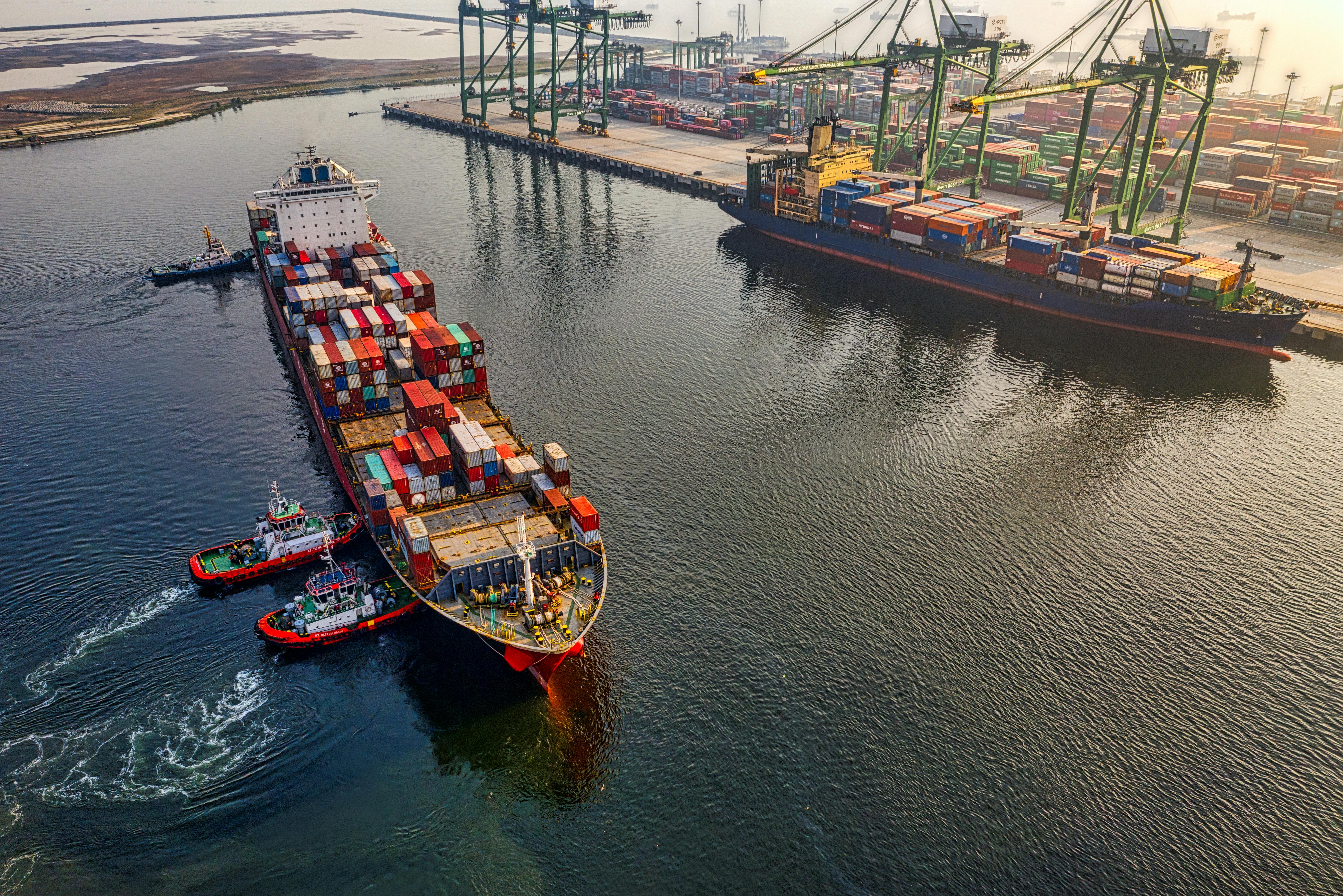Shipowner Survey: Challenges and Perspectives
A recent survey of 57 professionals in the Spanish maritime sector reflects a high level of awareness of environmental regulations and a marked concern about the costs associated with their implementation. Here are some key findings:
- 📜 Regulatory Awareness: Most respondents are familiar with the legislation, especially in the fishing sector, which is less regulated in some aspects.
- 💰 Economic Risk: Regulations require new technologies and training, which raises concerns among companies about rising costs.
- ⛽ Adoption of Alternative Fuels: In the short term, LNG and biofuels are the most viable options. Hydrogen and ammonia, although promising, require technological advances.
- 🌍 Carbon Capture: Although seen as a long-term solution, carbon capture faces technical and energy efficiency challenges, and lacks specific regulation.






